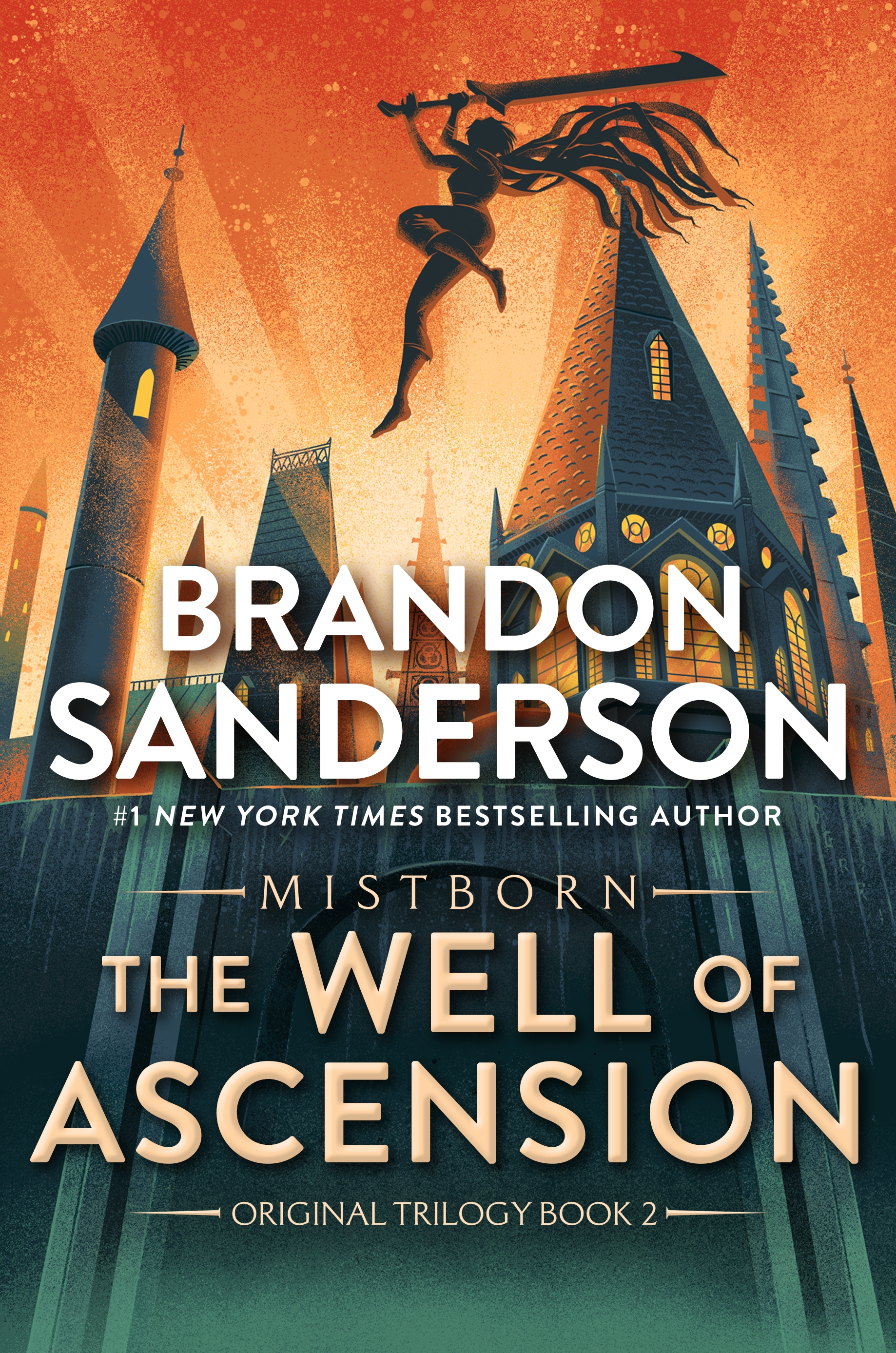

The mantle of the whale’s pulpier parts settles over it. Later, it drops, falling quickly to the sea floor, into the plush cemetery of the worms.

For a time, the skeleton might stay hitched to its parachute of muscle a macabre marionette, jinking at the spine in the slight currents. Then, sometimes, the entire whale skeleton will suddenly burst through the cloud of its carcass. The ballooning mass scatters skin and sodden flesh below it, upon which grows a carpet of white worms waving upwards, like grass on its grave. Methane is released in minuscule bubbles. The whale body reaches a point where the buoyancy of its meat and organs is only tethered by the force of its falling bones. They absorb nutrients right through their skin. The hagfish rise to meet the carcass and tunnel in, lathering the passages they make with mucus. The only sound is the scrunch of unseen brittle-stars, eating one another alive. Purblind hagfish slink jawless, pale as the liberated internal organs of other animals. Entering permanent darkness, the whale passes beyond the range of diurnal time. No light has ever shone here, for so long as the world has had water. It drifts past fish that no longer look like anything we might call fish, but resemble instead bottled fireworks, reticulated rigging, and musical instruments turned inside out. The whale’s mushy body decelerates as it drops, and, where pressure compounds, putrefying gases build up in its softening tissues. I'm just going to read from the preface, for about three or four minutes, and this is a scene that has to do with the decomposition of a whale's body.Ī dead whale slips below the depth where epipelagic foragers can feed from it. This is our beautiful - little glarey, I think in the light British - Hard back, appropriately, it looks like it's covered in, clingfilm, which seems kind of hygienic for this moment in the middle of a pandemic. And I think we're going to start off with a short, reading from your book, so please take it away. Her recent work has featured our relationship with animals in a time of both technological change and ecological crisis.

Her essays and writing have been in the Atlantic, Granta, and the New York times magazine.

Rebecca has published her first book, Fathoms: the world in the whale. Today I'm having a conversation with the most amazing author Rebecca Giggs. Transcript (There are typos, and grammar is not edited)


 0 kommentar(er)
0 kommentar(er)
